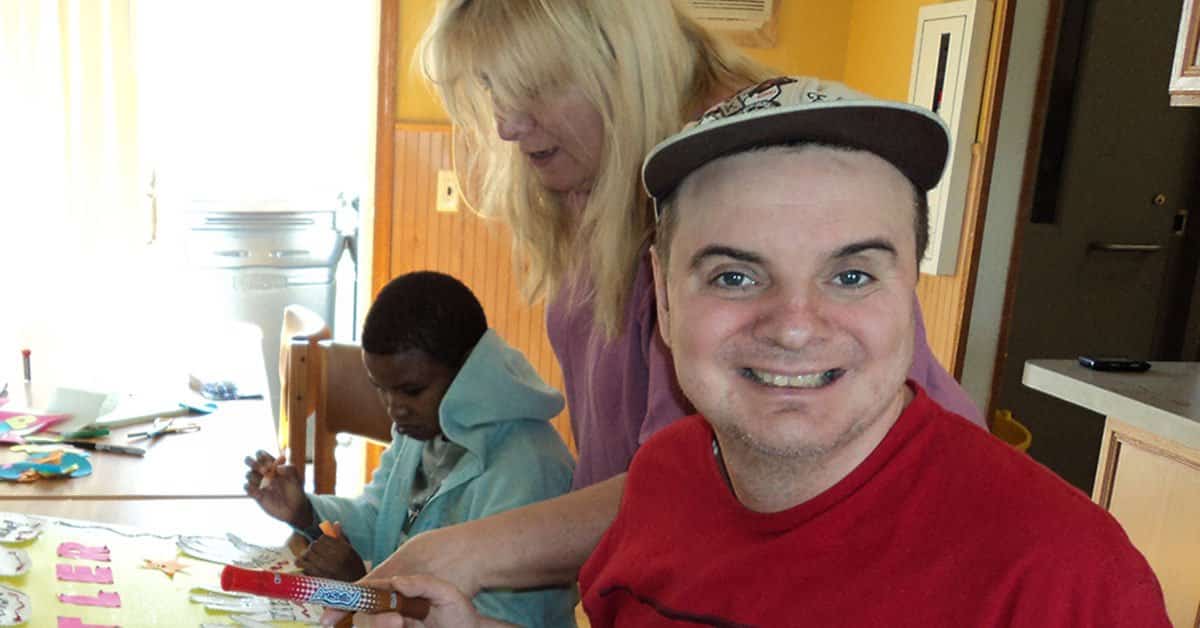While no two people with disabilities are the same, a shared understanding exists between those with disabilities. Simply put by disability scholar Steven K. Brown, “People with disabilities recognize that they share a similar, but unique, history based on common perceptions about disability.”
It should be noted that disability culture is not the same as the way a culture treats those with disabilities. Rather, it is something that comes from within the community.
So, what exactly is disability culture? Essentially, it’s any discussions, ideas, advocacies, and artistic expressions that cover topics and themes of disability. Notably, disability culture is created, cultivated, and shared by people with disabilities for people with disabilities. It is a thriving community, especially online, where the internet allows for increased accessibility, availability, and awareness.
Accessibility, Visibility, and Disability Culture Online
Often, traditional forums like meetups may fall short on accessibility. Lack of ramps and no accessible transportation are only the tip of the iceberg. Conversely, the internet is generally accessible to all and provides alternatives where they may not have previously existed.
One of the best examples of online disability culture is the Disability Visibility Project, “an online community dedicated to creating, sharing, and amplifying disability media and culture.” Here, disabled folks freely and proudly share their stories, as well as their intersecting interests, thoughts, critiques, and resources. After all, disability is not a tragic story, but rather a facet of personhood, a single aspect of a full and vibrant life.
Free social media platforms like Twitter, where disabled people can share their thoughts and experiences, are especially important. Disabled Twitter users have birthed hilarious, all-purpose hashtags like #ThingsDisabledPeopleKnow and #HowToPissOffDisabledPeople to voice their irritation with a world that doesn’t always accommodate disability.
Other mediums such as blogs, vlogs, and podcasts are also becoming trendy online, and give voice to those with disabilities of all kinds. You can find unique creators making their mark, to parents of kids with disabilities finding support in their community. Online disability culture is rich with content.
Celebrating the Culture Beyond Disability
Although the online presence of disability culture has opened the discussion up to a wider, non-disabled audience, this was not the intended purpose, but rather a happy side effect. Disability culture is created by and for disabled individuals. Perhaps most importantly, it allows conversations around disabled folks to exist within a framework of their own making.
It’s about turning the table, flipping the script of how we think and speak about disability away from one of dependence and neediness. Far from being “takers,” folks with disabilities are actively contributing to dialogue and invention. They are creating and innovating, with the added advantage of a different perspective, allowing them to think outside of the box.
Disability culture is about celebrating disability. It’s about emphasizing commonality while recognizing differences and strengths. It’s about grappling with the struggles, facing the barriers, and rejoicing in the successes of disability, while also being a part of a wider community. It’s about visibility in a world that so often overlooks disability. It’s about living with humor, wisdom, joy, grief, determination, conviction, pride, and perhaps most importantly, connection.
If you would like to learn more about Independent Living Association, our people, and our programs, reach out today.

































































